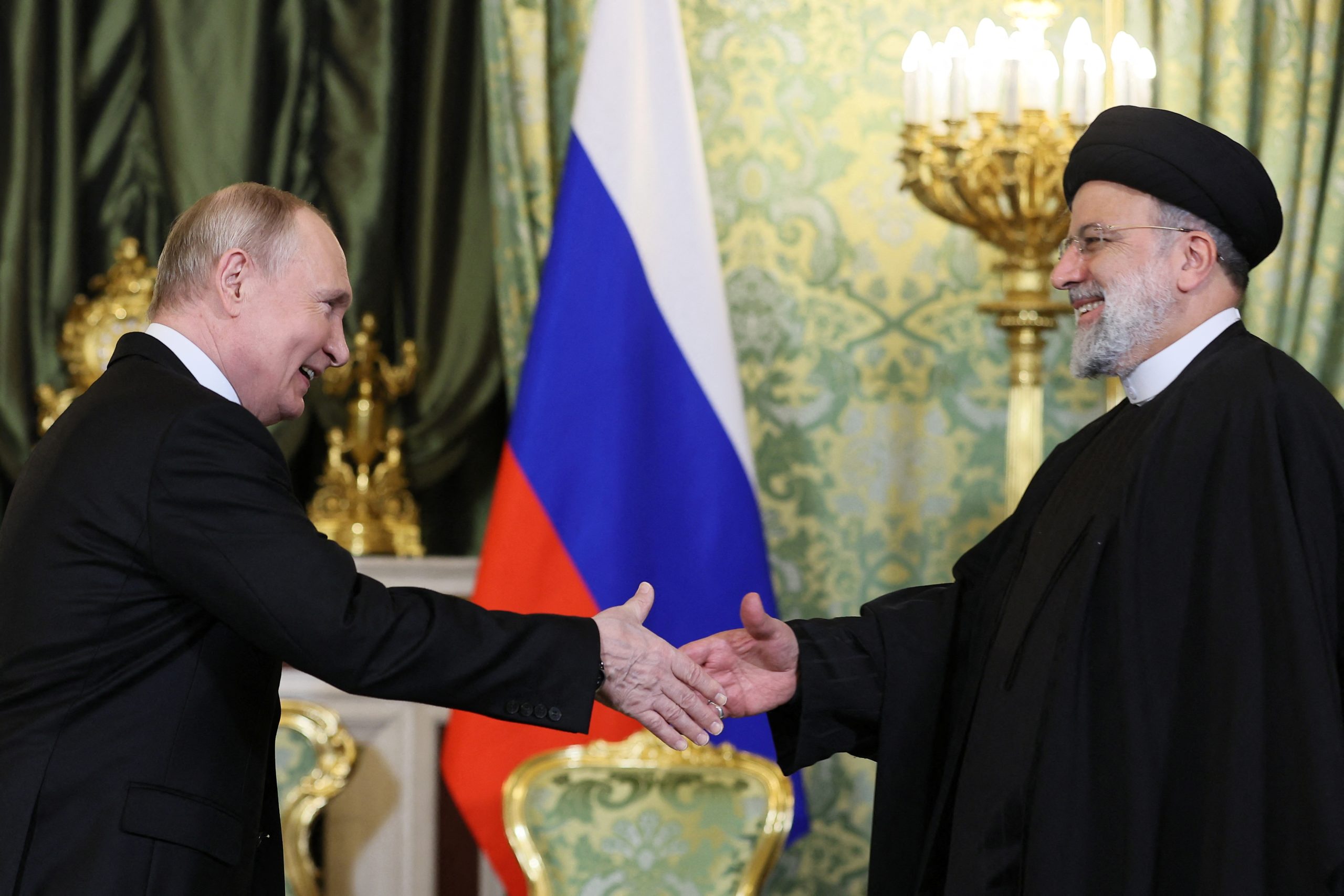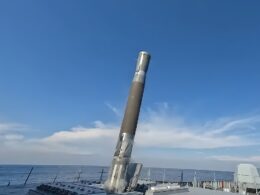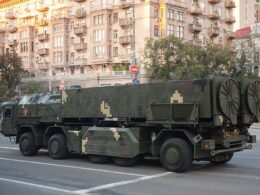The United States and the United Kingdom are "increasingly concerned" about Russia potentially sharing nuclear information and technology with Iran, according to Western officials who spoke on condition of anonymity.
This exchange is reportedly occurring as Iran supplies Russia with ballistic missiles for its ongoing war in Ukraine.
Bloomberg reports that the officials describe this development as "worrying" and an "escalation of Russia and Iran's military ties." The matter was reportedly discussed during British Prime Minister Keir Starmer's recent strategic meeting with President Joe Biden at the White House.
Russia and Iran have strengthened their strategic partnership in recent years, cooperating on military, economic, and diplomatic fronts to counter Western influence. The British Defense Ministry reported that the supply of ballistic missiles represents a further deepening of Iran’s and Russia’s military relationship.
A spokesperson for the White House's National Security Council affirmed that the Biden administration remains "deeply concerned with Iran's nuclear activities."
"Biden has made it clear that the US is ready to use all elements of national power to prevent any nuclear escalation by Iran," the spokesperson added.
The report notes that Russia's Foreign Ministry and Iran's embassy at the International Atomic Energy Agency (IAEA) in Vienna did not respond to requests for comment.
The Group of Seven (G7) foreign ministers released a joint statement condemning "Iran's export and Russia's procurement of Iranian ballistic missiles," calling for an immediate cessation of this support.
US Secretary of State Antony Blinken, during a recent visit to London, suggested that this exchange was occurring, stating, "For its part, Russia is sharing technology that Iran seeks — this is a two-way street — including on nuclear issues, as well as some space information."
The report highlights that Iran maintains it is not seeking to produce nuclear weapons. However, tensions with Israel have raised concerns about potential changes in Iran's nuclear doctrine.
A senior Iranian general's remarks in April were interpreted as a warning that Iran might reconsider its position on nuclear weapons production.
The IAEA reported an increase in Iran's nuclear-fuel levels between June and August, potentially sufficient for a small number of warheads if Iran were to pursue that path.
Read also:
- Iran’s missile transfer to Russia deepen strategic ties amid US sanctions, expert says
- Bild: Ukrainian interceptor UAVs against Russo-Iranian Shahed drones planned for 2025
- Iranian MP confirms missile shipments to Russia, defying official denials





